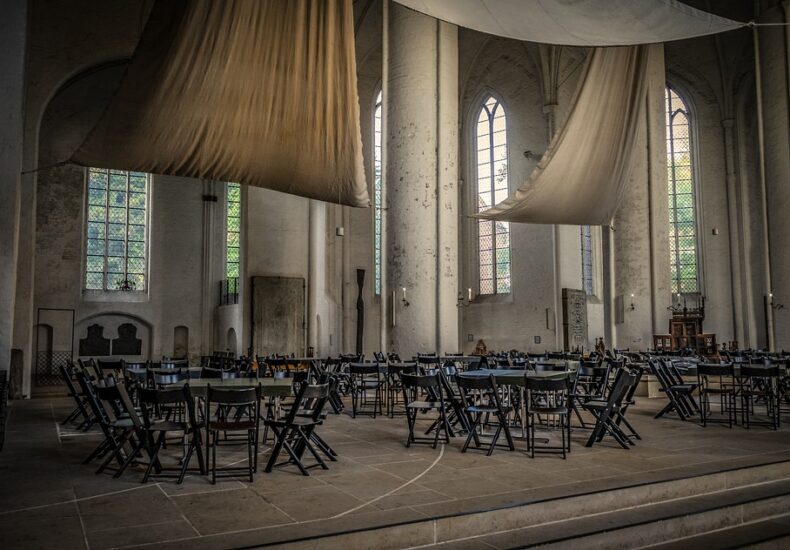
Unity and Diversity: Embracing the Multifaceted Kurdish Identity
Unity and Diversity: Embracing the Multifaceted Kurdish Identity The Kurdish people, with a rich history and strong cultural heritage, have long been known for their unity and resilience in the face of adversity. Despite facing oppression and displacement throughout history, Kurds have managed to maintain a sense of unity and identity that is deeply rooted

Exploring the Political Landscape of the Kurdish Community
Exploring the Political Landscape of the Kurdish Community The Kurdish community is a diverse and vibrant group of people spread across several countries in the Middle East, including Iraq, Turkey, Iran, and Syria. Despite facing numerous political challenges and conflicts, the Kurds have managed to carve out a unique identity and culture that sets them

Education and Empowerment: Investing in the Future of the Kurdish Community
The Power of Education Education is often seen as the key to empowerment and success. In the Kurdish community, investing in education is paramount to ensuring a brighter future for generations to come. By providing access to quality education, individuals are equipped with the tools they need to make informed decisions, pursue their passions, and

Celebrating Kurdish Cuisine: A Taste of Tradition and Flavor
Celebrating Kurdish Cuisine: A Taste of Tradition and Flavor Kurdish cuisine is a vibrant and diverse culinary tradition that reflects the rich history and cultural heritage of the Kurdish people. From the mountains of Kurdistan to the bustling streets of the diaspora, Kurdish food is a celebration of flavor, texture, and tradition. With its unique

The Resilience of the Kurdish Community: A Tale of Survival and Strength
The Resilience of the Kurdish Community: A Tale of Survival and Strength Introduction The Kurdish community is one of the most resilient and enduring populations in the Middle East. Despite facing centuries of oppression, persecution, and violence, the Kurds have managed to maintain their unique culture, language, and identity. This article will explore the remarkable

Highlighting Kurdish Women: Breaking Barriers and Leading Change
Kurdish women have been at the forefront of breaking barriers and leading change in their communities. Despite facing significant challenges and inequalities, Kurdish women have continued to rise up and assert their rights, paving the way for gender equality and empowerment in the region. From political activism to arts and culture, Kurdish women have made

Kurdish Diaspora: Navigating Identity and Belonging
The Kurdish Diaspora: Navigating Identity and Belonging Introduction The Kurdish people are known for their rich cultural heritage, long history, and distinctive identity. However, due to political unrest and persecution in their homeland, many Kurds have been forced to leave their ancestral land and establish communities around the world. This dispersion of Kurdish people across

The Struggle for Recognition: A Look at the Kurdish Community’s Fight for Rights
The Struggle for Recognition: A Look at the Kurdish Community’s Fight for Rights Introduction The Kurdish community has long been fighting for recognition and rights within their respective countries. The Kurdish people are one of the largest ethnic groups in the world without a state of their own. Spread across several countries in the Middle

Challenges and Advancements within the Kurdish Community
Challenges within the Kurdish Community The Kurdish community faces numerous challenges in today’s world, ranging from political instability to social discrimination. One of the most pressing issues is the lack of recognition of Kurdish identity and autonomy within the countries they inhabit. Kurds are spread across several countries in the Middle East, including Turkey, Iraq,

Exploring the Rich Cultural Heritage of the Kurdish Community
Exploring the Rich Cultural Heritage of the Kurdish Community The Kurdish community is one of the most ancient and culturally rich groups in the Middle East. With a history that dates back thousands of years, the Kurds have developed a unique and vibrant culture that is rich in tradition, art, music, and cuisine. This article